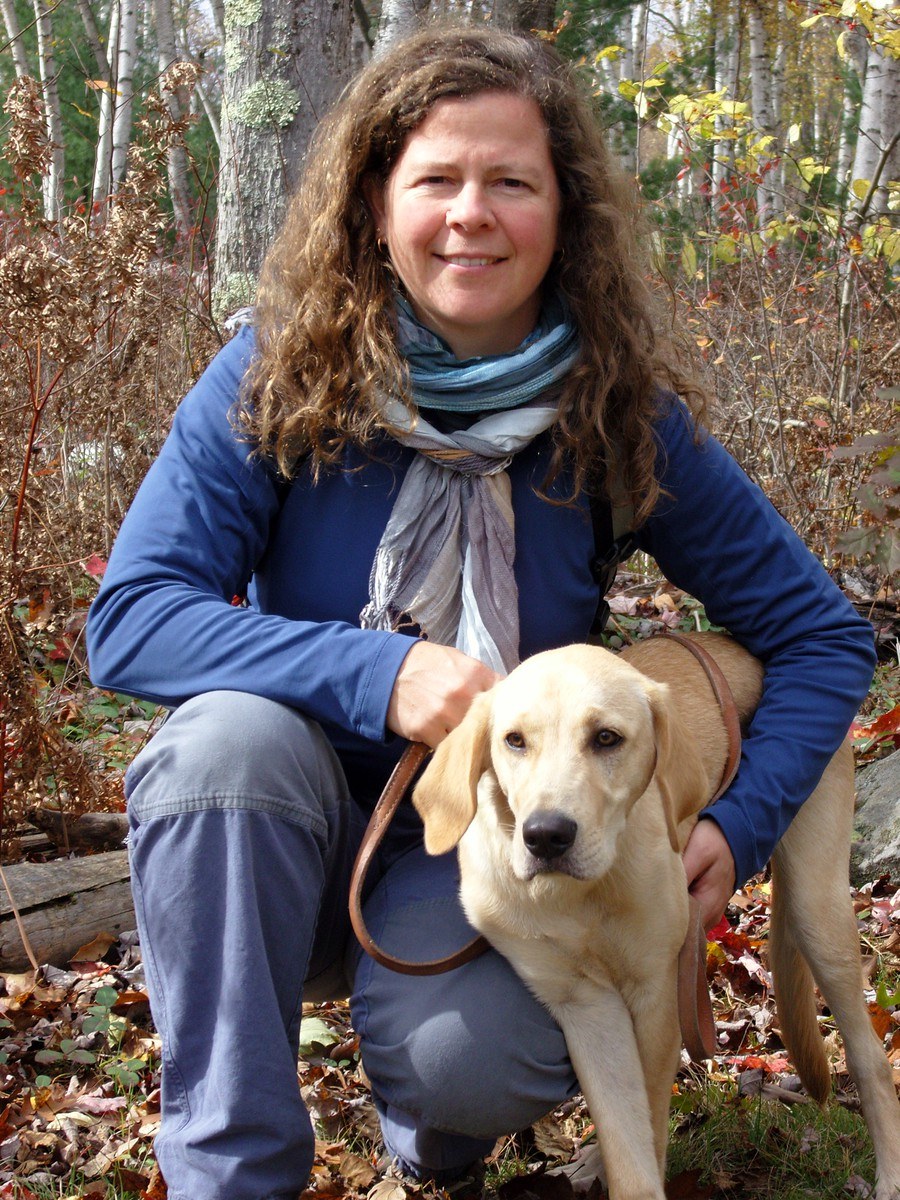Associate Professor of Forest Ecology

Margot Kaye, Associate Professor of Forest Ecology
Contact Info
Email: mwk12@psu.edu
Office: 303 Forest Resources Building, University Park, PA 16802
Phone: 814-865-4841
Research Projects
Responses of northeastern forests to climate change: A field-based climate change simulation experiment has been underway since 2008 in Penn State's Stone Valley Forest to identify the responses of eastern tree species to predicted increases temperature and precipitation. Research plots are being heated by ~2 degrees C with suspended infrared lamps and irrigated with +20% of the average long-term precipitation in a forested area that was harvested prior to the experiment. In the plots we are monitoring: tree seedling growth, phenology, and ecophysiology; early successional community composition and phenology; and soil temperature, moisture, nutrient fluxes, nutrient pools, and soil biotic community responses. With these measurements we will recognize both how forest composition may change with predicted changes in climate and the mechanisms that drive the responses.
Impacts of non-native invasive shrubs on ecosystem dynamics in eastern hardwood forests: Non-native shrubs are invading forest understories throughout the northeastern and mid-Atlantic regions. We are studying the structure, phenology, and ecophysiology of common invading species to determine how they affect ecosystem dynamics of mixed-hardwood forests.
Climate and Woodland Expansion in the central Great Plains, USA: Over the past century, woodland expansion into former grasslands has been documented in many areas of the west-central Great Plains. We are investigating the role of climate in 19th and 20th century woodland expansion by comparing the timing and location of the expansion to local climate variations and the onset of widespread human land use. Paleoecological (packrat middens) and paleoclimatological records are being used to determine whether other expansions have occurred in the past or whether post-1850s vegetation movements are unprecedented in character.
For more information about Dr. Kaye, please send her an e-mail.

